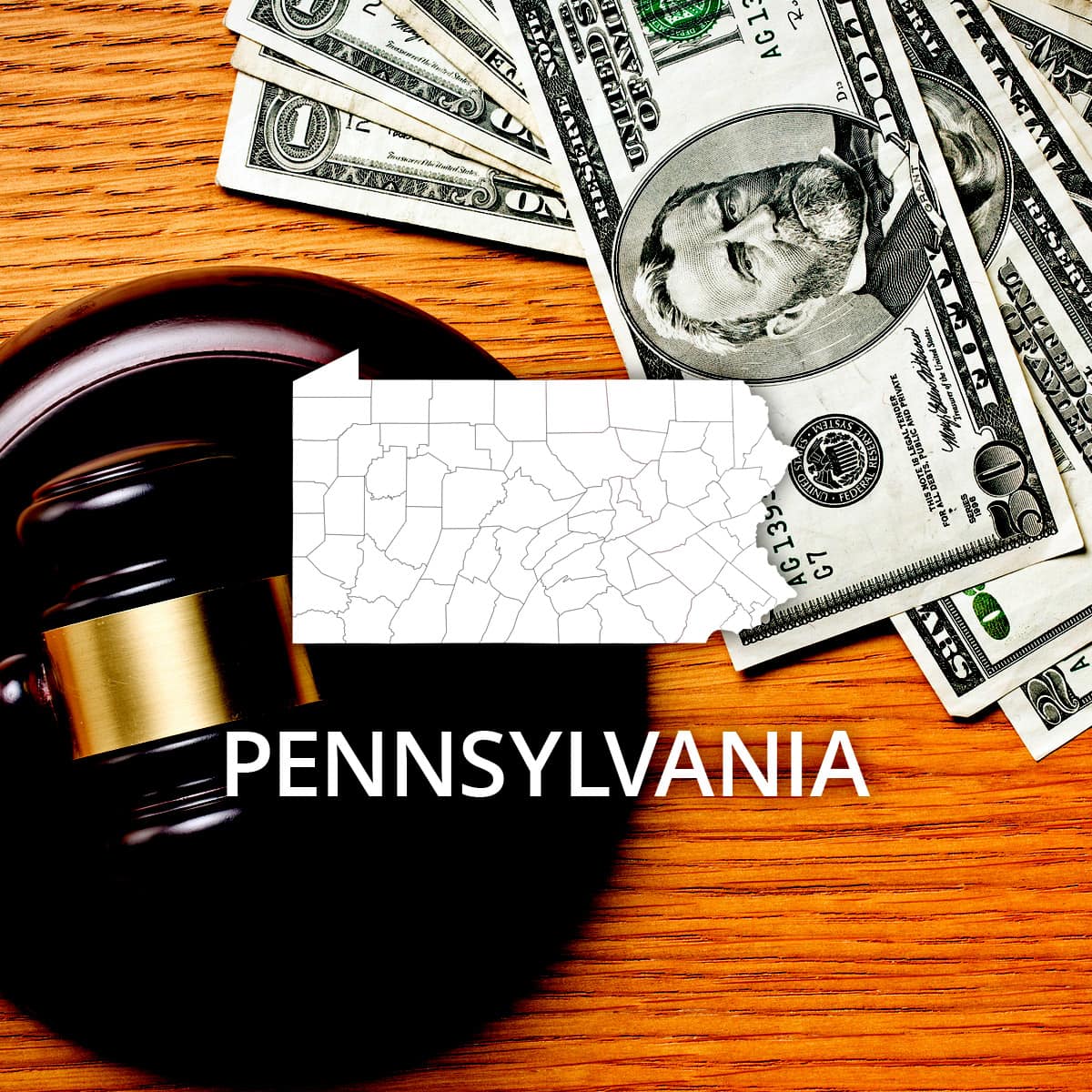 Multiple Bankruptcies: How Often You Can File One?
Multiple Bankruptcies: How Often You Can File One?
Table of Contents
 How to File Bankruptcy in Pennsylvania
How to File Bankruptcy in Pennsylvania
 Filing bankruptcy is a matter of federal court. There are four main types of bankruptcy that are filed: Chapter 7, 11,12 and 13. Each of these differs on the type of petitioner in the bankruptcy case and how they wish to handle the debts included in the filing.
Filing bankruptcy is a matter of federal court. There are four main types of bankruptcy that are filed: Chapter 7, 11,12 and 13. Each of these differs on the type of petitioner in the bankruptcy case and how they wish to handle the debts included in the filing.
 Filing for Chapter 7, Chapter 13, and Other Types of Bankruptcy
Filing for Chapter 7, Chapter 13, and Other Types of Bankruptcy
Chapter 7 and 13 are the types of bankruptcy that an individual files with the U.S. Court of Bankruptcy. Chapter 7 allows those who qualify to forgive or discharge unsecured debts and other allowed debts, where the debtor does not have to repay them. However, the debtor must first meet a means test that proves they cannot meet their financial obligations.
Chapter 13 allows the debtor to agree upon reduced balances and/or payments with the creditors in order to get accounts up to date and even maintain ownership of property such as cars and homes. Chapter 11 is the bankruptcy option for most businesses, and Chapter 12 is for farmers and fishermen.
Bankruptcies can help in cases of dire financial straits, but do leave a 10-year mark on credit reports and significantly lower your credit score.
 Steps to Filing Bankruptcy
Steps to Filing Bankruptcy
Prior to filing any type of bankruptcy, according to the Bankruptcy Abuse and Consumer Protection Act of 2005, you must first complete an approved credit counseling course within six months prior to your filing date. If you do not have verification that you completed the counseling, the court may throw out your case.
Local bankruptcy courts will require forms to be filled out which outline current income and expenses, net worth, property owned, identities of debtors and account information. Court fees vary but must be paid on time or risk having your bankruptcy case dismissed. It is strongly recommended that you consult an attorney about filing for bankruptcy. If you cannot afford an attorney, the American Bar Association may be able to help you find a lawyer at reduced fees.
After the proper forms have been filed and fees have been paid to the court, a meeting of creditors takes place as determined by the court. This is where it is determined what the new repayment agreement will entail with each creditor, or whether a debt will be discharged.
In order for a bankruptcy to be discharged, all debtors must attend a required financial management course at an approved vendor.
Additional information and bankruptcy forms can be found at https://www.uscourts.gov/forms/bankruptcy-forms or RecordsFinder.com Court Forms Section.
 Western District of Pennsylvania Bankruptcy
Western District of Pennsylvania Bankruptcy
The Eastern District of Pennsylvania U.S. Bankruptcy Court locations are found in Philadelphia at 900 Market Street, Suite 400, and in Reading at 400 Washington Street. The Western District of Pennsylvania courts are located in Pittsburgh (5414 U.S. Steel Tower, 600 Grant Street), Erie (U.S. Courthouse, Room B160, 17 South Park Row) and Johnstown (Penn Traffic Building). The Middle District of Pennsylvania courts are found in Wilkes-Barr (197 South Main Street, Room 247), Harrisburg (228 Walnut Street, Rm 320) and Williamsport (240 West Third Street).




